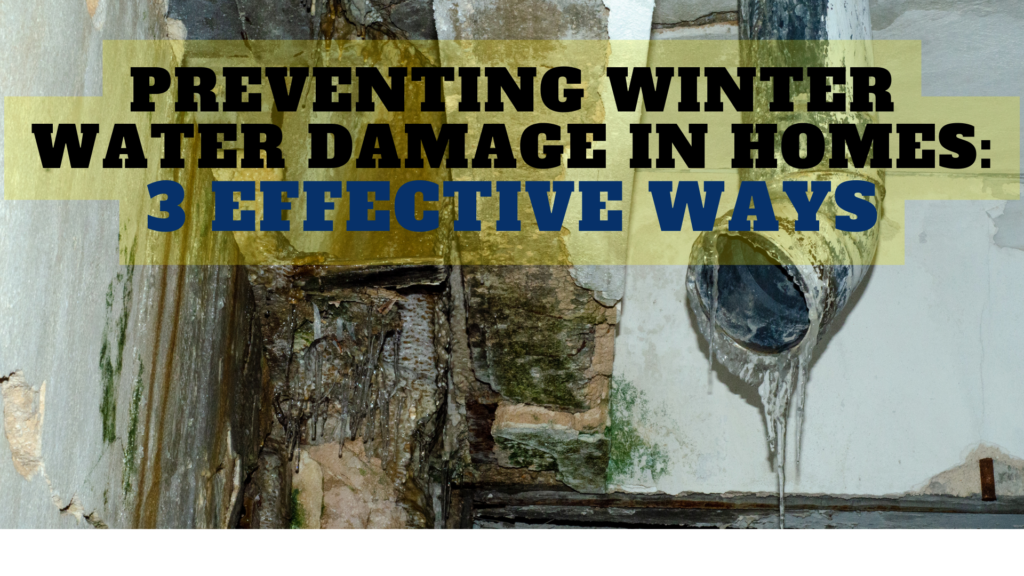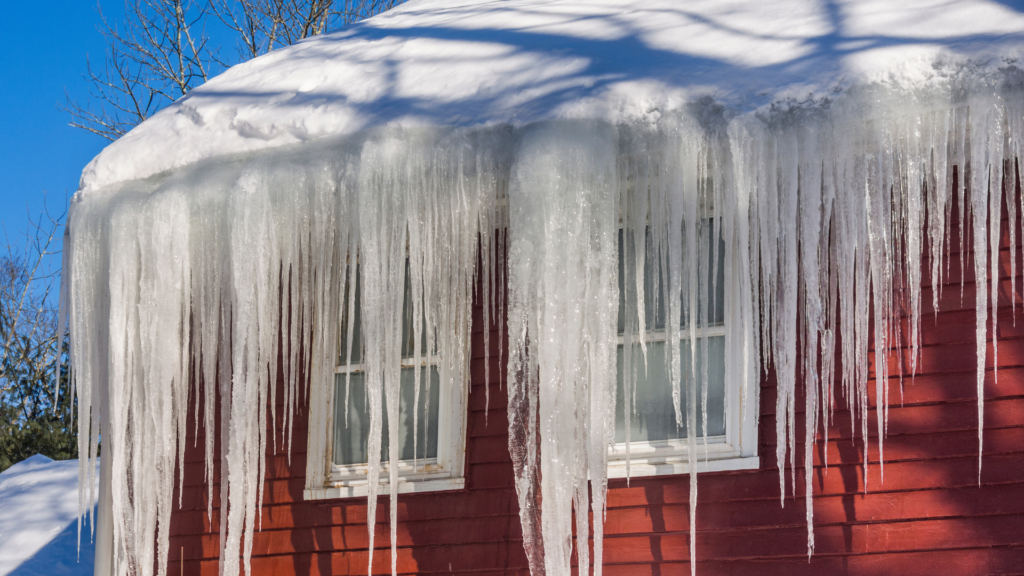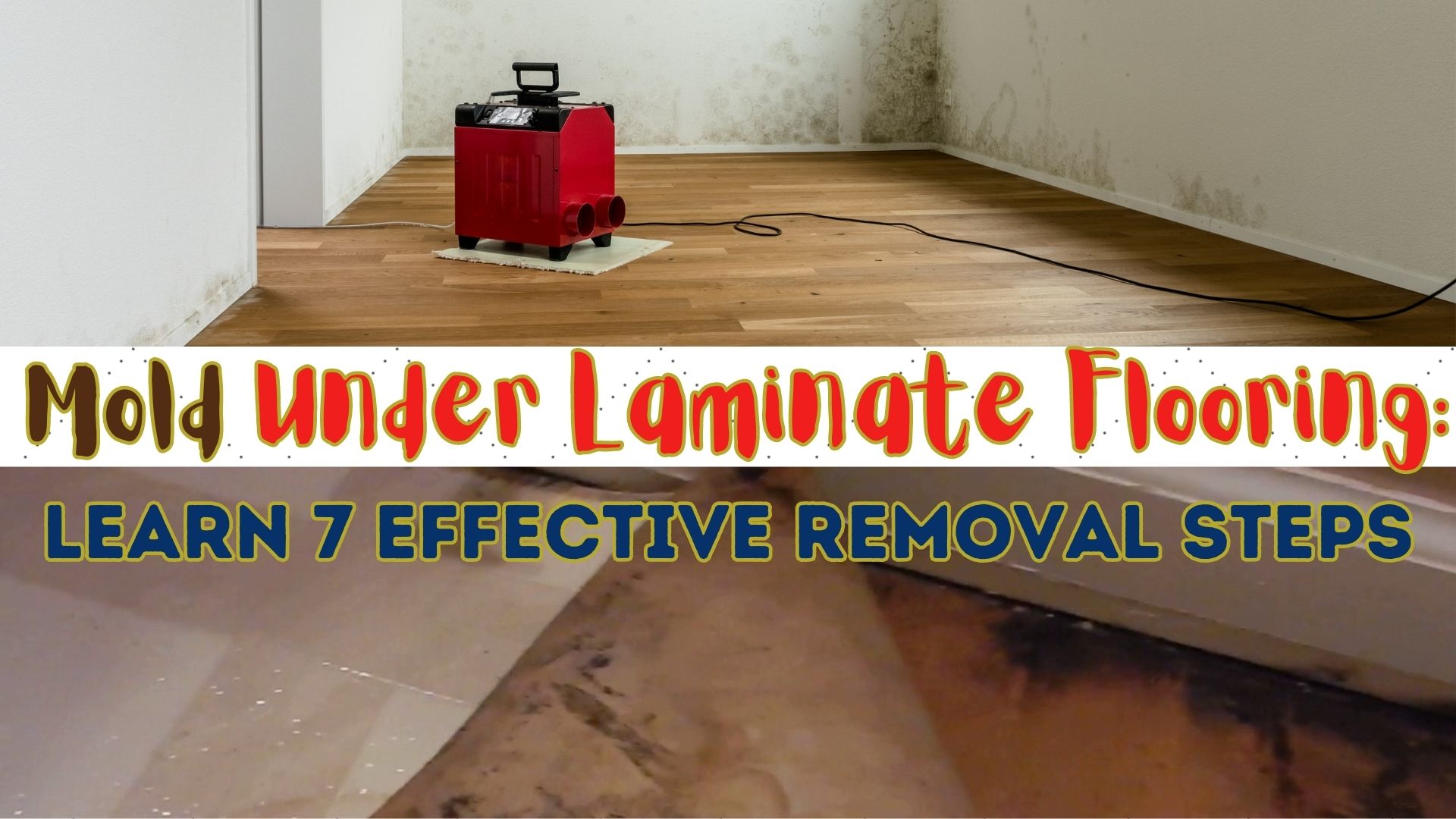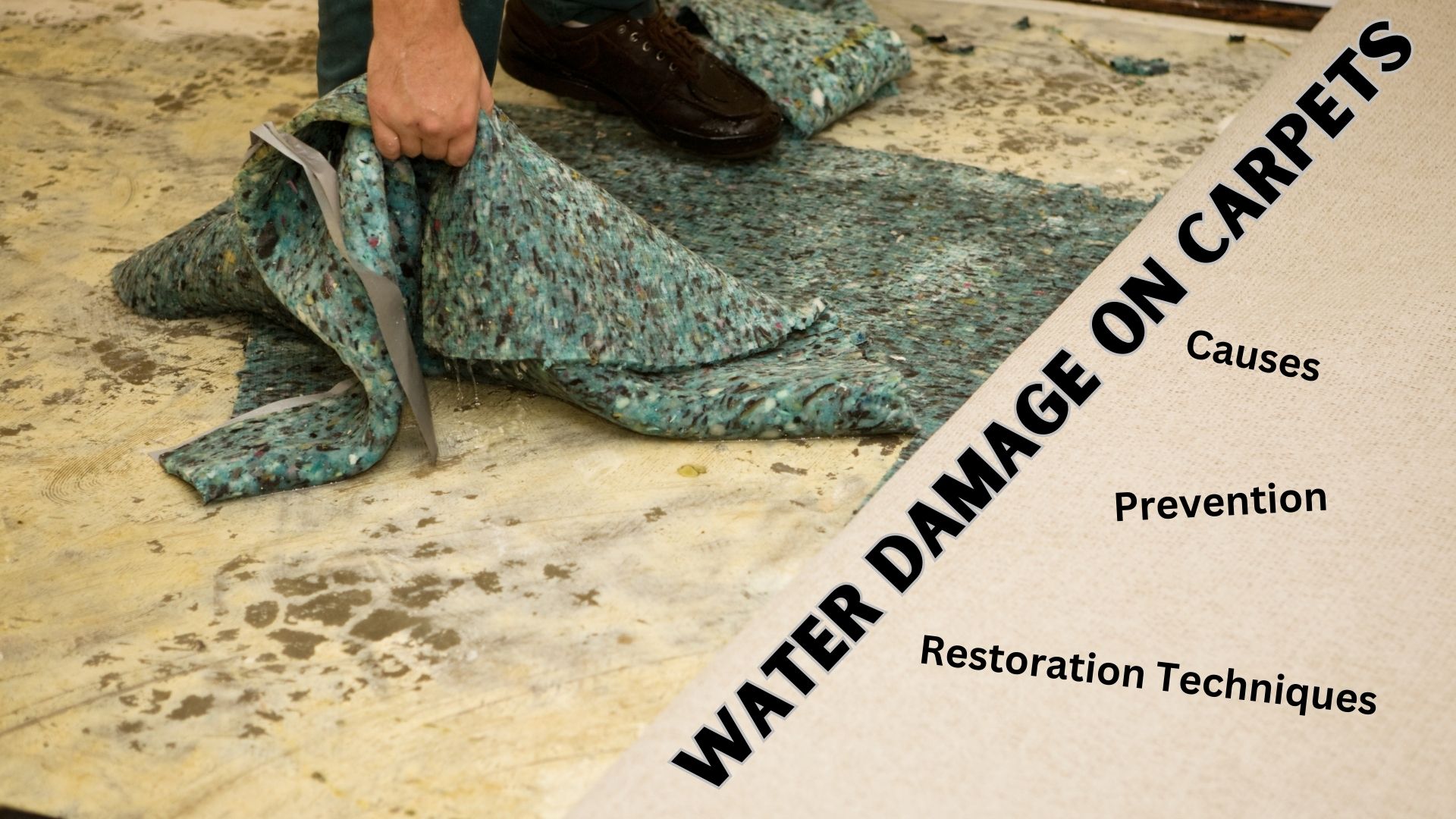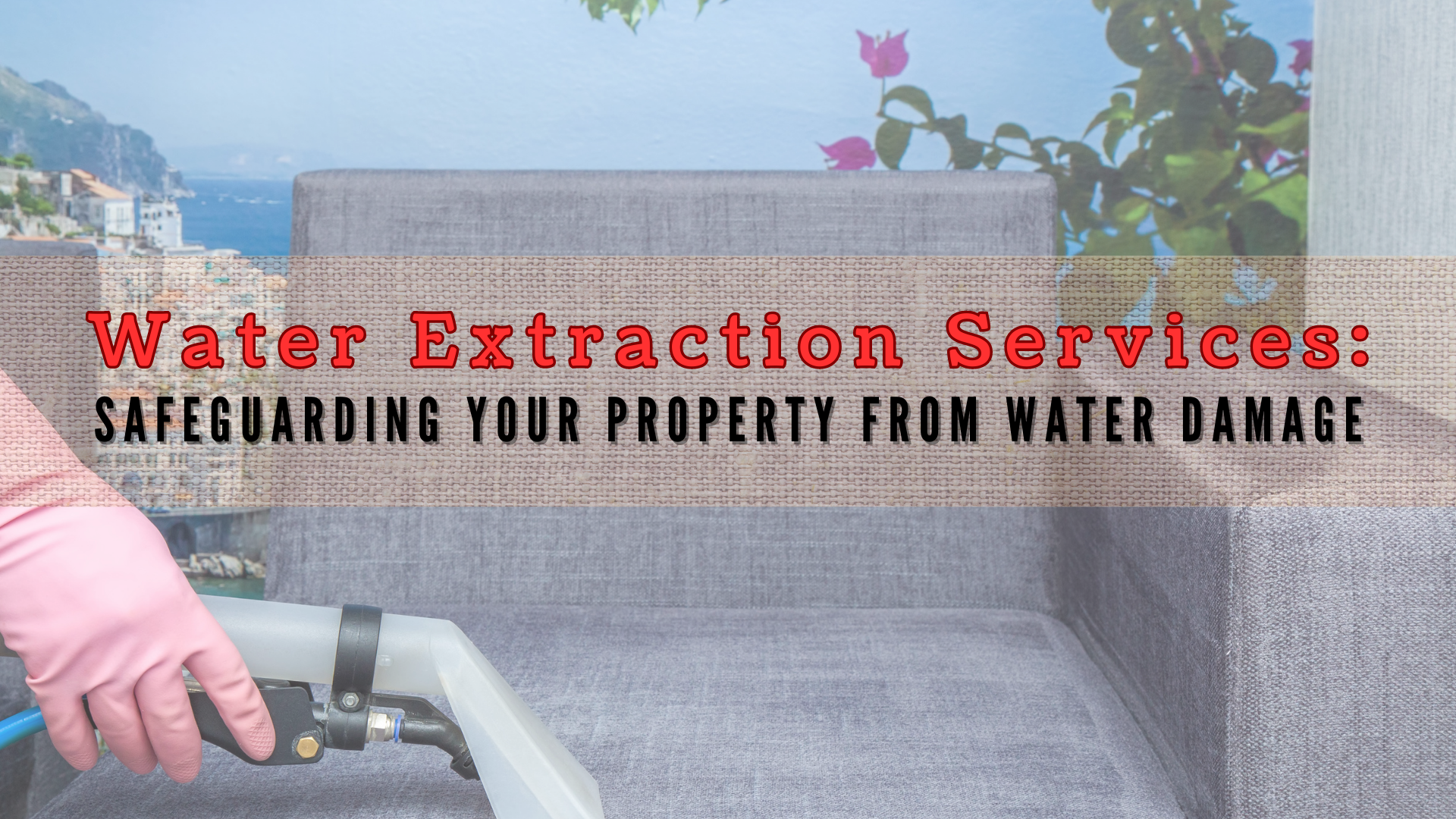In any season, including winter, water can damage properties by finding its way through. Winter poses specific risks, such as the freezing and bursting of uninsulated water pipes and the formation of ice dams on roofs. Moreover, melting snow can seep into the basement, leading to flooding and resulting in winter water damage. Property owners like you can take precautionary measures to prevent winter damage in your homes.
Top Causes of Winter Water Damage and Their Prevention Tips
- Prevent Frozen Pipes
- Have the water pipes properly insulated in unheated areas such as the crawl space, basement, garage, attic, and under kitchen and bathroom cabinets.
- Use heat tape or another insulator to insulate hot and cold water pipes.
- Let the warmer air circulate around the plumbing site by opening the bathroom and kitchen cabinet doors. Move items stored in these cabinets up and out of the reach of kids and pets.
- Let the cold water drip from taps served by exposed pipes. Running even a trickle of water through pipes helps inhibit them from freezing.
- Set the thermostat to the same temperature during the day and at night to avoid having frozen lines and pipes burst. Although heating costs may increase, it is better than dealing with winter water damage.
- When leaving home for a day or more, set the thermostat to at least 10 degrees Celsius, shut off the water supply and drain pipes, and turn off appliances that use water. Shut off the master valve to the home and have a trusted person check the house once a week.
- Exercise caution when thawing frozen pipes to prevent winter water damage caused by high water pressure.
- Inhibit Ice Dams
- When the heat in the attic causes snow or ice on the roof to melt, it refreezes at the gutters, causing ice dams to develop at the roof edges.
- Clear the snow from the roof when it reaches about 15 cm in depth to stop ice dams from developing. Utilize a long-handled brush or a roof rake to clear the snow without using a ladder.
- Regularly inspect and clean the gutters and downspouts to ensure proper flow of melted snow through the drain system. This helps to avoid winter water damage caused by clogged drains.
You can also do the following long-term solutions to prevent ice damming and roof leaks:
- Prevent warm air from entering the attic by insulating it properly. Warm air can cause snow on the roof to melt and refreeze, creating ice dams. Maintain the temperature in the attic at 5 to 10 degrees warmer than the outside temperature. If the insulation needs replacement, repair the impaired roof area first.
- Ensure proper ventilation in the attic. Warm air should escape through vents near the top, while cold air should flow through the vents near the eaves.
- Install a water membrane under the roof shingles to prevent water from seeping in and causing winter water damage.
- Install a snow shield underneath the shingles, starting from the low edge of the roof and extending up at least one meter inside the exterior wall of the house. This helps prevent leaks and further water damage in the winter season.
- Install gutter screens to keep debris out and prevent build-up and damage.
- Roof Snow
- Heavy snow on roofs can cause ice dams and structural damage.
- Remove snow from the roof when it reaches about 15 cm deep to avoid property harm.
- Leave at least 5 cm of snow on the roof covering to prevent roof damage.
- For those living in one-story homes, use a rake with a telescopic handle to remove snow from the roof while staying on the ground. You can also use rakes to clear overhangs in taller homes.
- Before shoveling snow from a roof, ensure the ladder is durable and wear a safety harness. When dealing with sloped roofs, begin shoveling from the ridge and finish at the eaves.
More Winter Water Damage Safety Recommendations
- Install water leak detectors in areas where water problems may happen, including near water-bearing fixtures, behind or beneath pipes, and on sump pumps.
- Annually check water supply lines for leaks, including appliances like the water heater, loading washer, refrigerator ice machine, and others that can leak.
- Property owners should consider buying sewage backup coverage, as heavy rainfall and melting snow can overload stormwater systems and cause water or sewage to back up into the home.
- Disconnect outdoor hoses when not in use to prevent clogs and backflow caused by freezing water in the line.
For Water Damage Restoration, Call in Superior Restoration of Murrieta
Superior Restoration is the go-to company for effective water damage restoration services. Our team of experts understands the importance of promptly removing water away from your home to prevent further damage and restore your property to its original state.
Furthermore, our specialists use advanced equipment and techniques to ensure that all excess water is properly extracted and directed to pass through the drainage system, leaving your home dry and safe for habitation. With Superior Restoration, you can trust that your property is in capable hands.
Call us today for further particulars about our restoration services. Our crew is ready to assist you in emergencies, 24/7.


